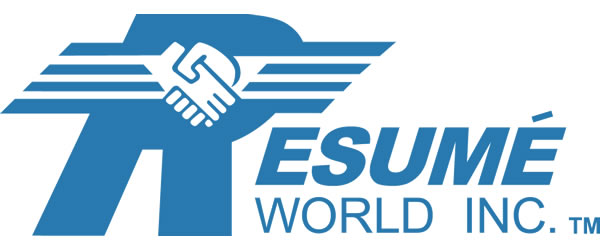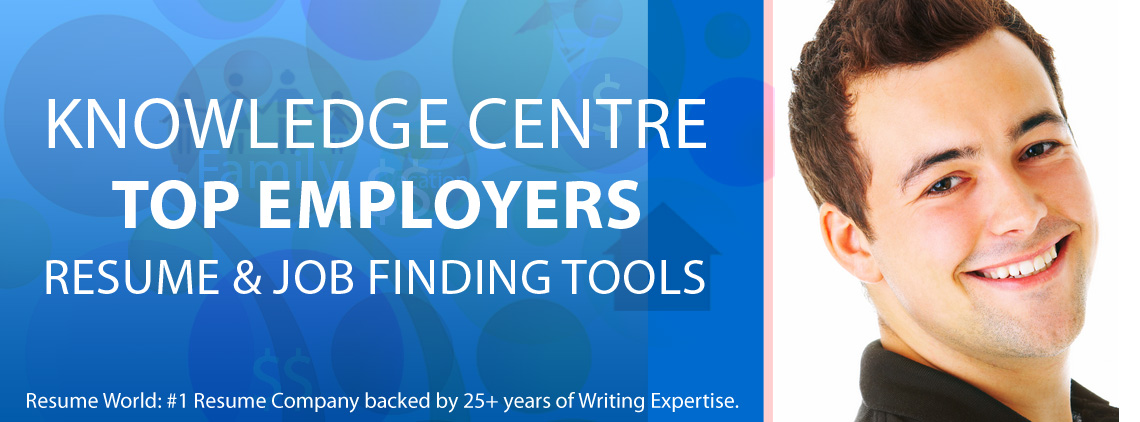Top Employers
Tips to Minimize Weakness in Your Career History
We all have weaknesses in our career history, one way or another. Whether it is an employment gap, educational gap, inconsistent experience, unrelated jobs or a lack of relevant skills—we all have some type of weaknesses. The important thing though is how well you deemphasize your weaknesses on your resume and communicate the strengths (benefits) of your skills and experience to your target market—potential employers. That will determine how successful you are at generating interviews with your resume and landing your next job—sooner than later. Here are some tips and techniques we use to help clients minimize career weaknesses and build outstanding resumes.
- Select the resume format that best maximize your strengths, experiences and skills
- Fill employment gaps with relevant experience and skills gained from doing volunteer work and your involvement in other activities—parent council, community service, school leadership activities, coaching, tutoring, seminars/workshops, sport interests, hobbies (building things), self-directed study, etc.
- Include information only if you believe it will help you win job interviews; not all experiences are beneficial to include on your resume
- If you are changing your profession to a completely new career field—emphasize how you can use your transferable skills to benefit the employer (or position) that you are targeting and substantiate your new passion with a burning desire to succeed in your new career
- If you have held several short term jobs through an employment agency over a number of years; list the employment agency as your employer and not the individual companies you have worked for
- Deemphasize gaps in employment by listing the year you commence a position and the year you finished employment with the company instead of the month and year together (i.e. 2005 – 2008); however, if your employment runs across two years (i.e., 2005 – 2006) and is less than six months it is a good idea to include the month you started and finished
- Be careful not to show many short term employment spanning from year to year because employers could view you as a job hopper or unstable in your profession and may not want to interview you for their jobs
- Group related short term employment together and emphasize the skills gained and link them to the requirements of the job or career field you are targeting
- For internationally trained professionals, build your resume around your profession and/or the competency requirements of the jobs you are seeking using industry terminologies, job-specific skills and business lingo to show that you know your job or career field well. Drawn upon your accomplishments to demonstrate what value you could provide potential employers together with your strong desire to succeed on the job and advance your career. This shows Canadian employers that you know your field very well and you are capability of producing productive results for them
- If you are on sabbatical leave, maternal or any other and you are still legally employed by your company, list the end date as present under your experience (i.e. 2005 – Present)
- For senior management and executives with minimal formal education, leverage your successes, core competencies, leadership skills and extensive network to offset any lack of formal training
We all have strengths and weaknesses and both are evident in our work performance. Marketing your strengths, experiences, accomplishments, attributes and qualifications collectively as the product (YOU) is really no different than a company marketing its products or services. As companies market their products to generate sales and increase revenue, you are marketing your product to generate interviews and employment offers. The important thing though is how well you communicate the strengths (benefits) of your product to your target market (potential employers) and at the same time minimize, if any, weaknesses on your resume—that will determine how successful you are at generating interviews and getting your next job.


